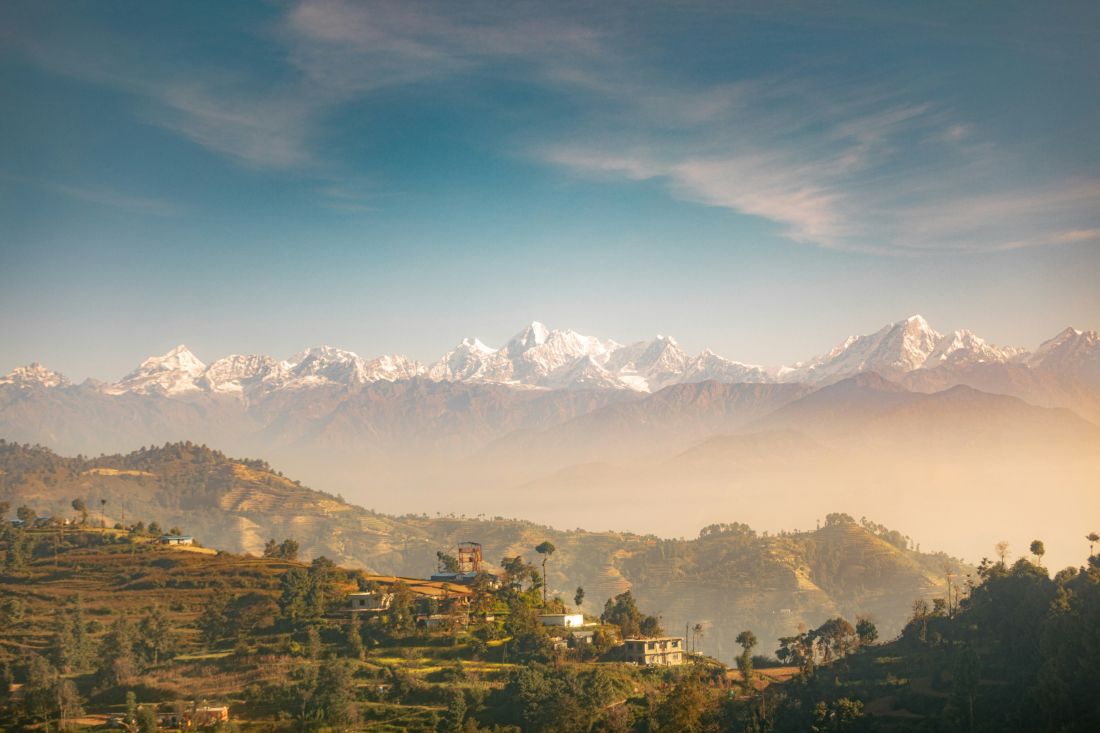Nepal is warm, welcoming, and wonderfully diverse — from the Himalayas to bustling heritage towns. To make the most of your trip, here are essential travel tips every Indian tourist should know before visiting this beautiful neighboring country.
1. Carry Indian Rupees & Nepali Currency
Why read this: While Indian currency is accepted in many places, it’s important to carry local notes for smaller expenses.
Do: Use Indian ₹100 notes and exchange a portion into Nepali Rupees (NPR) at the border or authorized exchanges.
Don’t: Use ₹500 or ₹2000 notes — they are not accepted legally in Nepal.
Final tip: Keep cash handy for local taxis, street shopping, and rural areas without card access.
2. Respect Local Culture & Traditions
Why read this: Nepal is culturally rich, and small gestures of respect go a long way in temples and villages.
Do: Greet locals with “Namaste,” remove shoes before entering homes or temples, and dress modestly.
Don’t: Touch religious items, statues, or people’s heads — it's considered disrespectful.
Final tip: Carry a scarf or shawl when visiting sacred places for quick coverage.
3. Check the Weather Before You Go
Why read this: Nepal’s climate varies dramatically across regions and seasons — packing right is key.
Do: Pack layers, sunscreen, and a raincoat — especially if you’re trekking or traveling in monsoon.
Don’t: Assume Kathmandu weather applies to Pokhara, Chitwan, or higher elevations — always check separately.
Final tip: Download a weather app with offline access for remote treks or village visits.
4. Stay Connected with Local SIM or Wi-Fi
Why read this: Internet is widely available, but having a local number helps with bookings, directions, and rides.
Do: Get a Ncell or Nepal Telecom SIM at the airport or city shops — it's cheap and quick to activate.
Don’t: Rely only on Wi-Fi — coverage may be poor in mountain or rural areas.
Final tip: Use WhatsApp for most local communications; it’s the preferred method even for businesses.
5. Know the Local Transport Options
Why read this: From public buses to shared jeeps and taxis, getting around Nepal is an adventure in itself.
Do: Use local taxis or hire a bike in Pokhara and Thamel areas for short-distance travel.
Don’t: Expect metros or app-based rides in all regions — these are limited to cities like Kathmandu.
Final tip: Negotiate taxi fares in advance or ask your hotel for fair price estimates.
6. Stay Hydrated but Drink Safe
Why read this: Clean water is not always readily available — drinking the wrong kind can upset your stomach.
Do: Drink only bottled, filtered, or boiled water. Buy sealed bottles from trusted stores.
Don’t: Refill from public taps or drink from rivers, even in remote areas.
Final tip: Carry a reusable water bottle with a filter for eco-friendly hydration on treks.
7. Be Prepared for Power Cuts
Why read this: Although improved, Nepal still experiences scheduled or surprise power outages, especially in smaller towns.
Do: Carry a torch, power bank, and keep your phone charged whenever possible.
Don’t: Rely solely on mobile charging at night; back up essential documents or offline maps.
Final tip: Many hotels now have backup systems — ask before booking if it’s a concern.
8. Tipping & Service Charges
Why read this: Tipping is appreciated in Nepal, though not mandatory — knowing the norm helps avoid confusion.
Do: Tip porters, guides, and hotel staff around 5–10% if service is good.
Don’t: Feel pressured in restaurants with built-in service charges (often already included).
Final tip: Small tips go a long way in local tea houses or with trekking crews.
9. Be Alert While Trekking
Why read this: Trekking is safe but unpredictable — awareness and preparation make your journey smoother.
Do: Register your trek if going solo, carry ID, and use licensed guides for long or high-altitude trails.
Don’t: Trek in flip-flops, stray from routes, or ignore altitude sickness signs.
Final tip: AMS (Acute Mountain Sickness) can affect anyone — acclimatize slowly and stay hydrated.
10. Shop Smart & Bargain Politely
Why read this: Nepal’s markets are full of treasures — knowing how to shop makes it more fun and fair.
Do: Bargain at street stalls and souvenir shops, especially in Thamel and Pokhara.
Don’t: Bargain aggressively — a respectful tone gets better deals.
Final tip: Always compare prices before buying handicrafts or pashminas; quality and pricing vary widely.
Feature Image Credit - Photo by Avel Chuklanov on Unsplash

